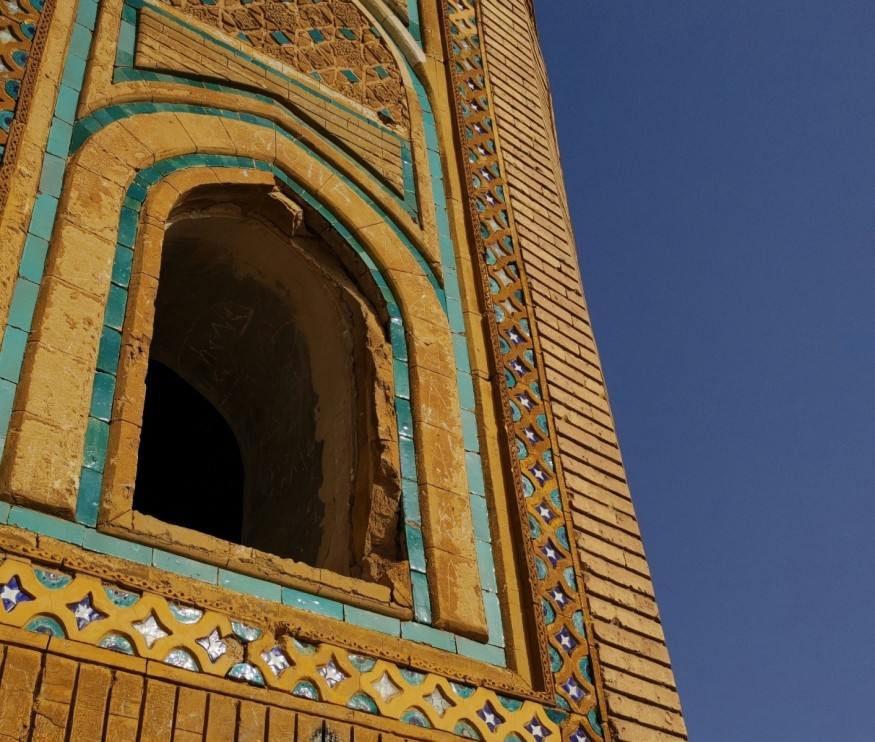Iraqi Government’s Recovery of 6,000 Looted Artifacts Marks a Historic Milestone in Cultural Restoration Efforts

Iraq's efforts to reclaim its looted artifacts, a monumental task since the fall of Mosul in 2014, have yielded significant progress, with over 6,000 historical items repatriated. The announcement during a conference on Iraqi cultural heritage in Mosul province marked a pivotal moment in the country's ongoing struggle to preserve its rich historical legacy. Ali Obaid Shalgam, the head of the Iraqi State Board of Antiquities and Heritage, delivered the news, shedding light on the extensive work undertaken to recover these invaluable treasures.
The Devastation of Iraq's Cultural Heritage
The looting of many cultural sites in Iraq with a primary focus on the ISIS groups formed one of the sad stories in the country's history. To obliterate the remnants of Iraq's diverse cultural history, Islamic State of Iraq and Syria (ISIS) fighters razed places of worship, holy sites, churches, monuments, and libraries. Specifically, one of Mosul's two largest cultural centers, the Mosul's Cultural Museum, accounted for most of the loss with thousands of artifacts and a unique collection of books and manuscripts, numbering over 28000, in its library. The suffering of the museum became a symbol of the destruction of the Iraqi identity and non-military purpose and united the public to restore what they had never lost.
Challenges in Restoration Efforts
The recovery of over 6,000 artifacts represents a significant victory in Iraq's battle against cultural looting and destruction. However, the journey toward restitution has been fraught with challenges. The smuggling networks responsible for trafficking these artifacts operate clandestinely, exploiting porous borders and capitalizing on the chaos that has engulfed the region for decades. Despite these obstacles, Iraq has been relentless in its pursuit of justice, mobilizing both domestic and international resources to track down and repatriate stolen treasures.
Rebuilding Mosul's Cultural Museum
The Mosul Cultural Museum, a symbol of terrible events in Iraq, is slowly being rebuilt to appear as before. Huge prestigious organizations like the Smithsonian Institution, the Louvre, and the World Monuments Fund have played crucial roles in helping the museum reconstruct its building. Intending to reopen to the public in 2026, the museum remains a symbol of Rayan's persistence in preserving the country's cultural identity for the future.
Shalgam's address at the conference was a testament to the fact that this process has been very collaborative in Iraq. Bilateral and multilateral relations have been crucial in pressing for the repatriation of art pieces from their host countries. Although it was not stated which countries were participating, the united front showcased by the global community as they embarked on this task symbolizes their acknowledgment of the need to preserve local culture in the wake of diverse challenges.
The notion of attempting to regain control over the stolen goods was put into practice long before the noted achievement, such as the Iraq Cultural Heritage Project, which has focused on recovering tens of thousands of stolen artifacts. As a project that started in 2008, the project has been an endeavor to track and retrieve pieces of art that have been illicitly exported from Iraq after the invasion in 2003. Together with the ongoing efforts and support from local personnel and international organizations, these efforts have served as a pillar in protecting Iraq's cultural heritage from further degradation and looting.
Baghdad International Airport has recently been opened to accept such a shipment of over 6,000 stolen or destroyed artifacts, signaling a new day for Iraq and its pursuit of peace and stability after war and terrorism. The return of these historically valuable iconographies not only gives credit to Iraq's cultural heritage but also strengthens the country in the middle of disastrous and destructive incidences. Suppose there is anything that unites the Iraqi people with the support they have gained recently. In that case, Iraq has not wavered in its mission of continuing to restore any cultural site that gets destroyed for future use by future generations.
From Digital Models to 3D-Printed Homes: Jaspreet Kaur Lall Explains How the Innovation Changes the Construction Industry

Future Belongs to Green Construction: Sampath Kumar Paspunoori Explains One of the Key Trends in the Construction Industry

Kamala Harris' Campaign Ad Uses Iconic Visuals from Carrie Mae Weems to Connect with Voters

Historic Ancient Roman Ruins in Baalbek Remain Strong After Israeli Air Strikes; Locals Seek Cultural Protection

4 Ways to Honor Departed Loved Ones in Your Home Design










